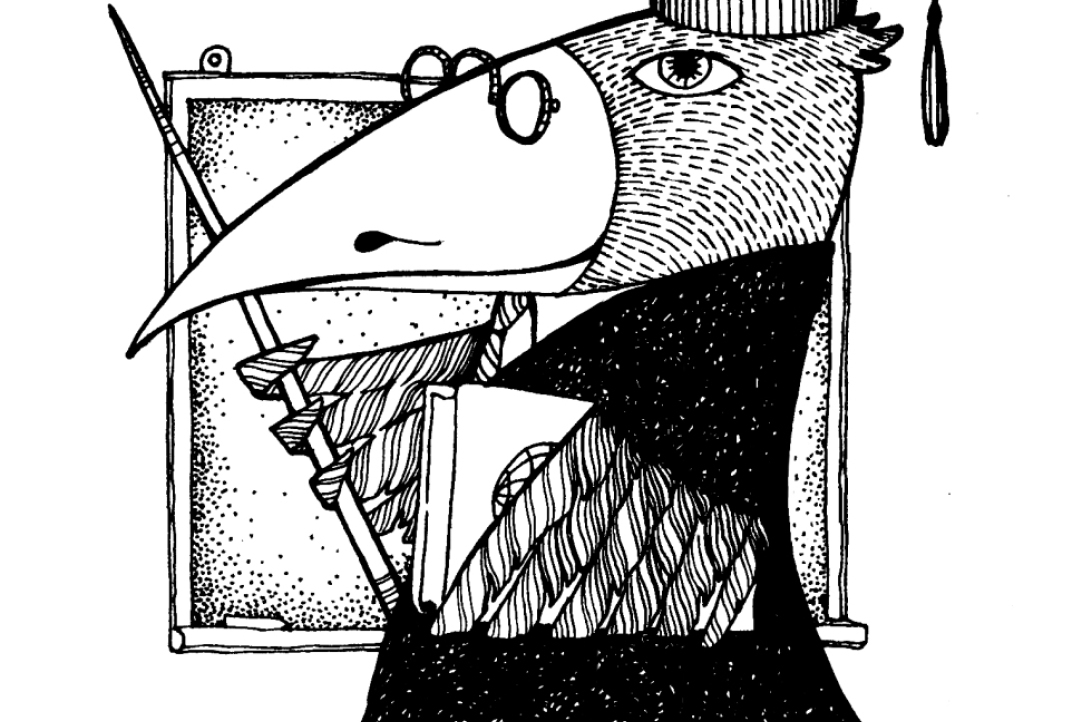The HSE Look continues a series of interviews with international postdocs about their research. For the February issue we’ve talked with Iain Ferguson, Research Fellow at theInternational Laboratory on World Order Studies and the New Regionalism, Faculty of World Economy and International Affairs, about his work and exploration of Moscow and other cities.
News
Vera Smirnova, Research Fellow at the Institute of Regional Studies and Urban Planning shared her research interests and experience of building strong connections at HSE with The HSE Look readers.

International faculty at HSE are involved not only in research and teaching, but some also combine it with active participation in the city’s public discussion spaces. The HSE Look took an interview with Jan Surman, Research Fellow at Poletayev Institute for Theoretical and Historical Studies in the Humanities (IGITI), about his research and Cultures of Critique project.
ICSID research fellow Fabian Burkhardt participated in two workshops, which were held in Japan and covered political and economic issues in Russia and Ukraine.
HSE Assistant Professor of Philosophy, Aaron James Wendland, recently launched a popular philosophy column in a prominent British Magazine: The New Statesman. In this interview, we ask Aaron about his research interests, his experience at HSE, and the rationale behind his new column on popular philosophy.
Dr Anna Whittington is currently a Research Fellow at The International Centre for the History and Sociology of World War II and Its Consequences through the end of August 2019. She recently spoke with the HSE News Service about her work on changes in Soviet-era language policy, her thoughts on life in Moscow and how the city has changed, and much more.

Early this summer, the HSE community was surprised to learn about its newest colleague: a robot helper named Isaac tasked with recording and scoring the publications by researchers and faculty. Isaac is constantly learning to improve its algorithms and interface, and now that it’s learned English, we are happy to share with The HSE Look readers the exclusive interview with Isaac taken by Okna Rosta, where he talks about his functions and even offers some words of advice.
